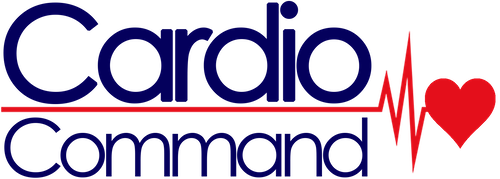Study of sinus function and nodal conduction using transesophageal recordings.
Le Heuzey JY, Khaznadar G, Guize L, Carcone P, Weissenburger J, Lavergne T, Ourbak P, Valty J. Arch Mal Coeur Vaiss 1987 Jan;80(1):28-35. Transoesophageal pacing is mainly used for treatment of supraventricular tachycardias and assessment of refractory periods of accessory pathways. It has been proposed for the study of sinus node function and A-V nodal conduction. The aim of this study was to know if transoesophageal pacing could modify the vago-sympathetic tone, therefore the results of the tests, knowing it can be discomfortable and that endodigestive procedures can induce vagal responses. Furthermore, the stimulation is elicited near the left atrium, and not in the right atrium as during endocavitary tests. We have compared in 20 patients (age 68 +/- 12) the results obtained by both endocavitary and transoesophageal pacing (tension 21.2 +/- 4.5 V, duration 16 msec, interelectrode spacing 30 mm). We measured sino-atrial conduction time (SACT), sinus node recovery time (SNRT), Wenckebach's point and nodal refractory periods. After introduction of the oesophageal lead we observed a significant (p < 0.01) but slight and transitory tachycardia. The results of A-V nodal conduction parameters were not significantly different and were significantly correlated (r = 0.94 for Wenckebach's point and effective refractory period). For the sinus node function, there was no significant difference between the parameters if the oesophago-atrial delay (mean 104.4 +/- 25.9 msec) is taken into account. The correlation is poor for sino-atrial conduction time (corrected SACT, r = 0.55), tighter for sinus node recovery time (maximal corrected SNRT, r = 0.92).
